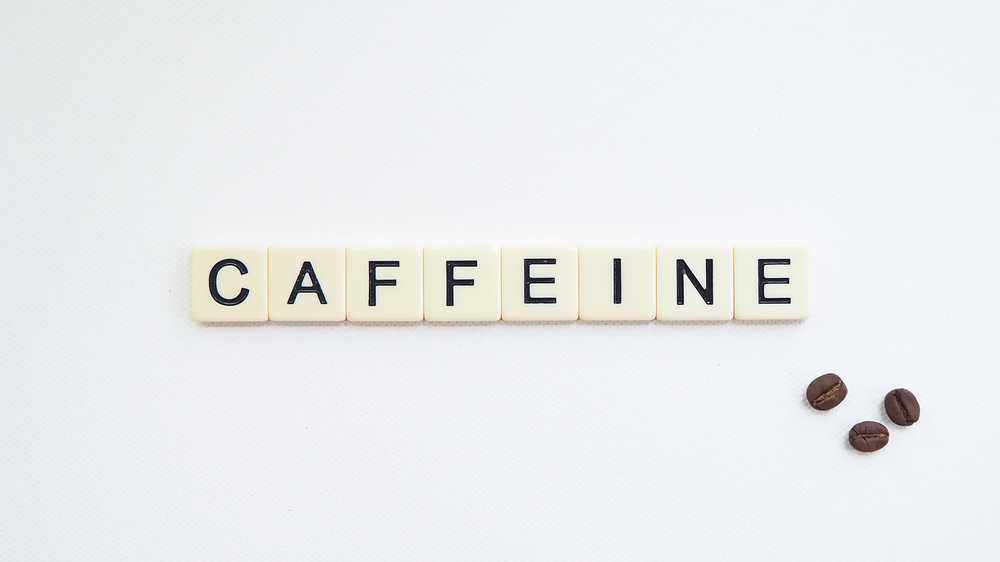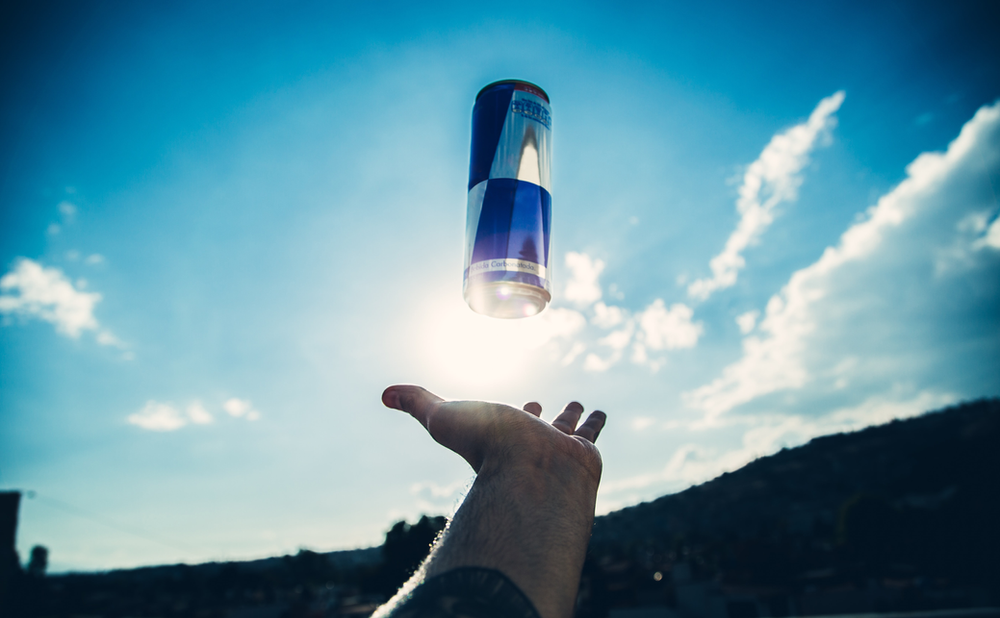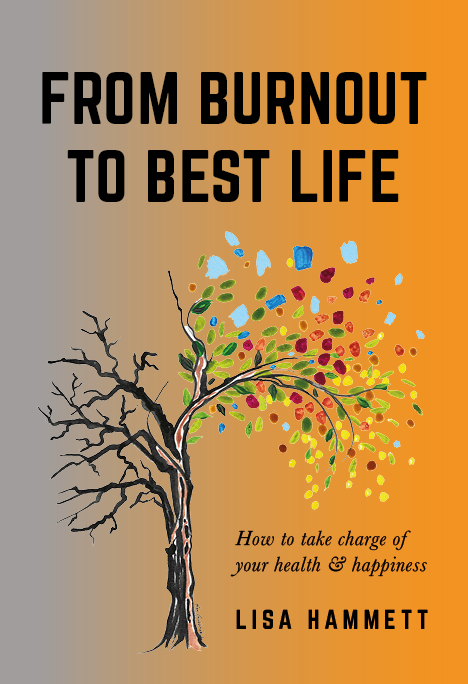
When it comes to overall health and wellness, is caffeine bad for you? Let’s check out the research…
According to many studies, moderate caffeine intake has certain health benefits, including lower rates of type-2 diabetes, a lower risk of certain cancers, brain conditions, and liver problems. It has also been linked to protection against Parkinson’s disease. Additional research shows that coffee can improve memory, mood, and energy levels. However, drinking too much caffeine can lead to serious risks. Adverse effects include:
· Increase in blood pressure
· An elevated heart rate
· Shortness of breath or tightness in the chest
· Tremors
· Skin irritations such as hives, eczema, rashes, acne, and severe itching
· Shortened life span
· Headaches/migraines
· Anxiety and panic attacks
· Agitation
· Angry, irritable, bad mood
· Depression
· Delusions or hallucinations
· Numbness in face, hands, or feet
· Restlessness
· Tongue, glands, or throat swelling
· Infertility in young adults
· Muscle pain
· Digestive problems
· Dizziness
· Nausea
· Flu/cold-like symptoms
· Vision problems
· Cold sweats
· Eyes swollen shut
· Fatigue
· Addiction
Some of these effects can intensify when people experience caffeine withdrawal.

Common sources of caffeine are found in coffee, tea, soda, energy drinks, supplements, some pain relievers, and chocolate.
With conflicting information available, how much caffeine is too much? According to the Mayo Clinic, up to 400 milligrams (mg) of caffeine a day appears to be safe for most healthy adults. That’s roughly the amount of caffeine in four cups of brewed coffee, 10 cans of cola or two “energy shot” drinks. Keep in mind that the actual caffeine content in beverages varies widely, especially among energy drinks. In addition, sodas and energy drinks contain sugar, which can lead to obesity, diabetes, and certain types of cancer. They also contain chemicals, which have been linked to cancer, if over consumed.
Moderation is your best guide to caffeine consumption. If you notice any adverse effects, reduce your intake. If your symptoms become severe, it may be necessary to eliminate caffeine consumption. It’s best to consult with your doctor.








